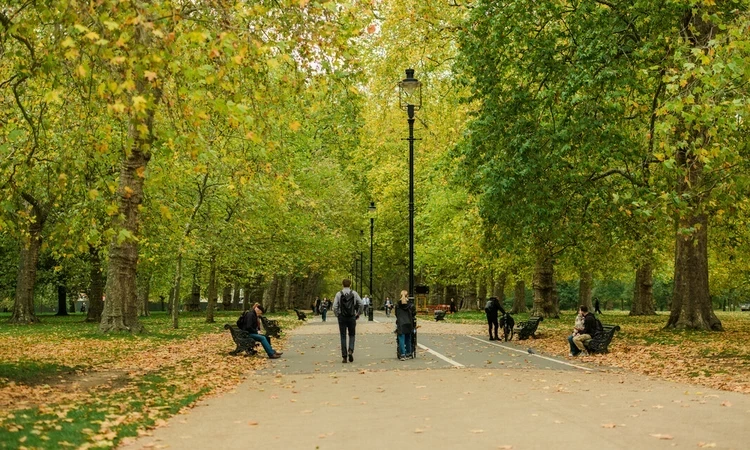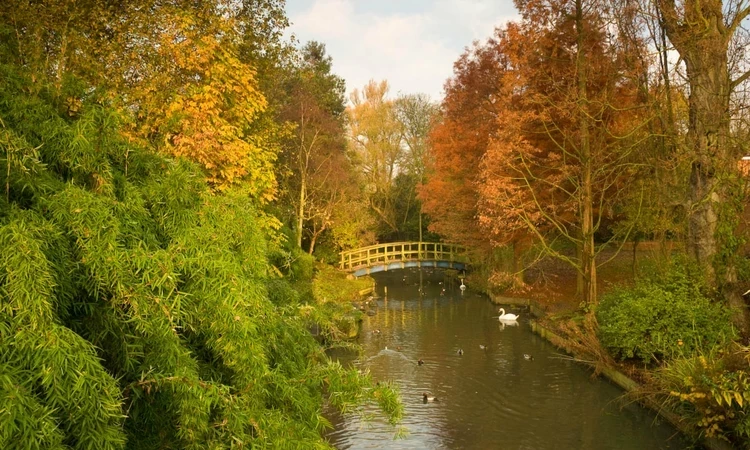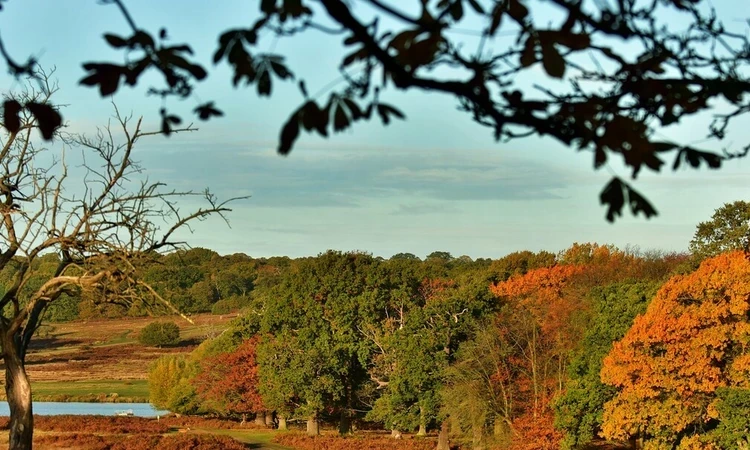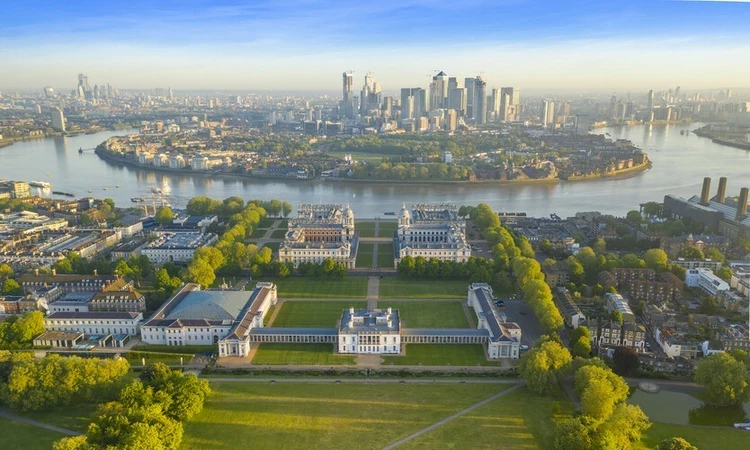
What's on
From major events to our range of walks, music and smaller events for adults and families, across the themes of nature, history and wellbeing. Whatever your interests, there's something for you in the Royal Parks all through the year.
Upcoming events
There's something for everybody at the Royal Parks. Explore our latest events below.
-
 Free
FreePlay in the Park
Join us in Kensington Gardens, Greenwich Park and The Regent’s Park for free fun nature-inspired play!
-
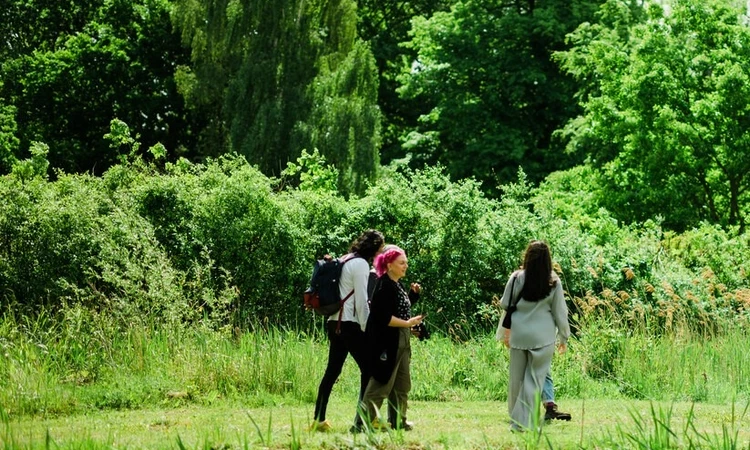 Free
FreeGreen Escapes: Introduction to nature in The Regent’s Park
Join us for a beginners’ nature walk this spring and summer to discover the plants and wildlife of The Regent’s Park.
-
 Free
FreeThe Regent's Park Music Festival
Join us throughout the summer for the Regent's Park Music Festival, each weekend from 21 June to 21 September.
-
 Paid
PaidChef Takeovers at the Lido Garden
After a successful launch last year, Guest Chef Takeovers are returning to the Lido Garden this summer.
-
 Free
FreeBandstand Concerts
Join the Friends of Greenwich Park for their annual season of Bandstand Concerts this summer.
-
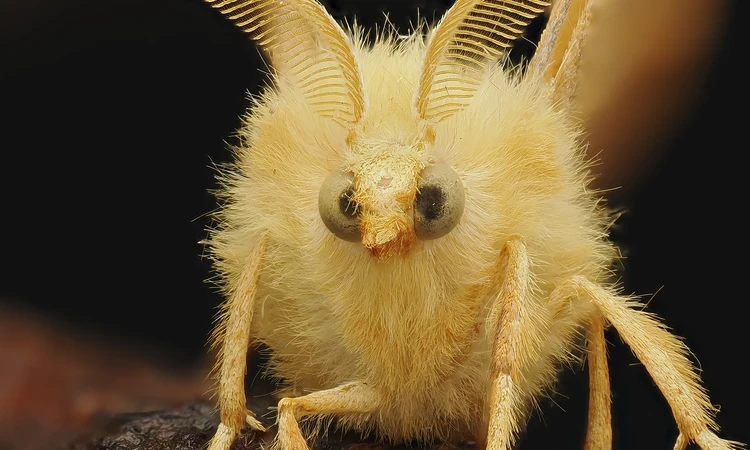 Free
FreeMoth Morning in The Regent's Park
Be a Citizen Scientist! Join our team on moth trap surveys to help with identifying and counting moth species before releasing them back into the wild.
-
 Paid
PaidHidden Stories of Hyde Park Walking Tour
Join us for a walking tour around Hyde Park, with exclusive access to the hidden Pet Cemetery.
-
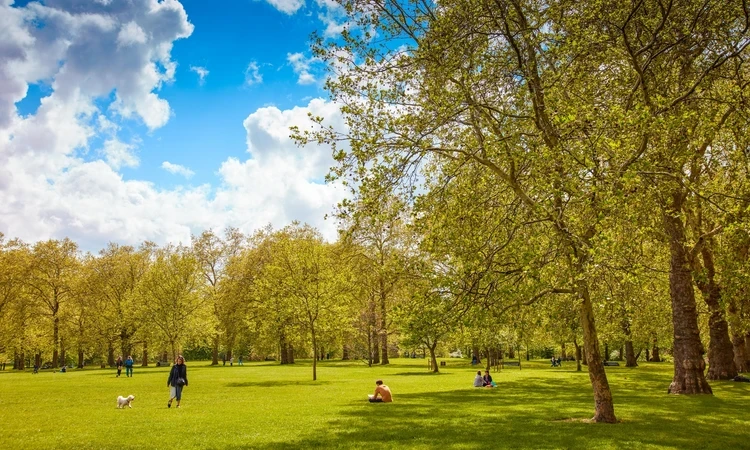 Paid
PaidTrees of The Green Park Walking Tour
Enjoy a walk with Royal Parks Arboriculture Officer Greg Packman to discover the landscape and cultural history of trees in The Green Park.
-
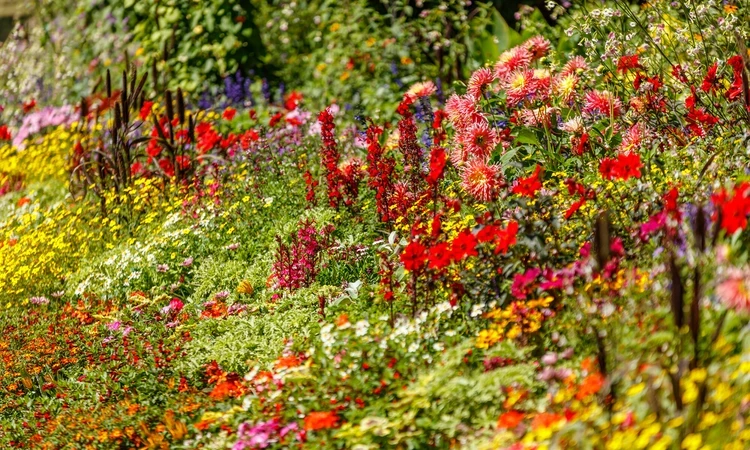 Paid
PaidBlooms with a View Walking Tour
Join us on a walking tour through the oldest Royal Park and learn about the plants that light it up.
Discover events and activities run by the parks' Friends
-
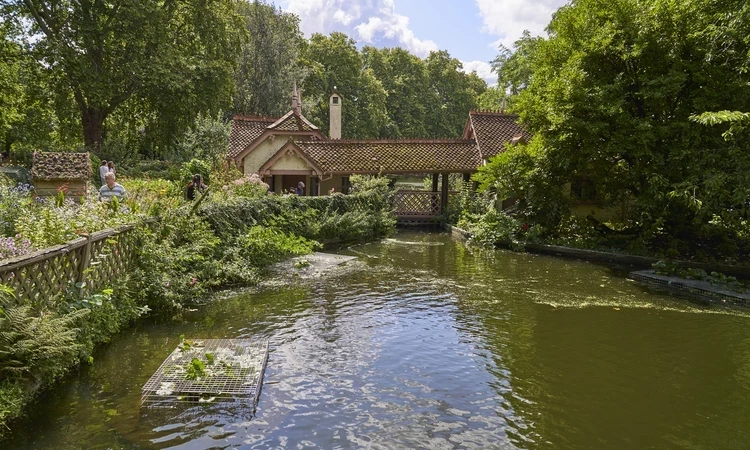
The Thorney Island Society
Friends of St. James's Park and The Green Park
